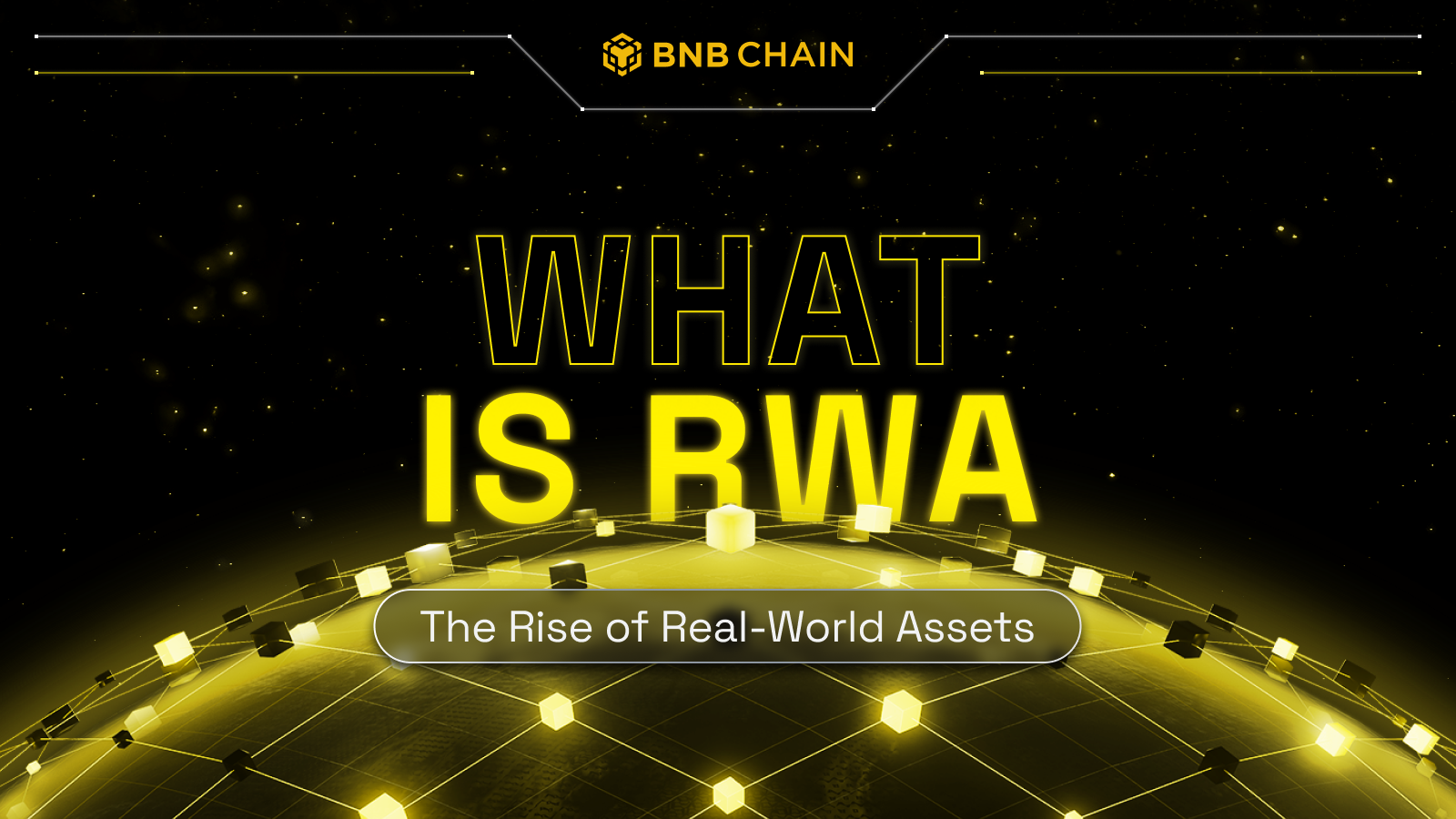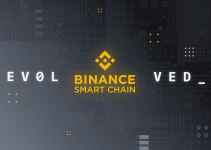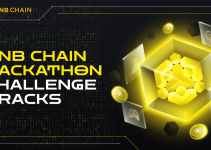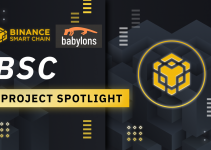Table of Contents

Real World Assets (RWA) in crypto involve tokenizing physical assets like real estate, art, and commodities on blockchain. This enhances liquidity, enables fractional ownership, and attracts traditional finance capital. BNB Chain’s multi-chain framework, including BSC, opBNB, and Greenfield, offers scalability, low costs, and secure data storage, making it ideal for RWA integration in DeFi.
Real-world assets (RWAs) are one of the most compelling applications of blockchain technology. With RWA, tokenizing diverse items of value, such as art, collectibles, real estate, commodities, and more is now possible. In this blog, we will explore the definition of RWAs, their role in decentralized finance (DeFi), and their current obstacles.
What are Real-World Assets (RWAs)?
RWAs are tangible assets that exist in the physical world, such as real estate, commodities, and art. They represent a substantial portion of global financial value. Despite their significance in traditional finance, these assets are hardly tapped into in the crypto world.
The rise of DeFi has opened new opportunities for real-world assets. Integrating these assets can help DeFi evolve into an inclusive financial system that bridges traditional and crypto markets, offering investment options similar to traditional financial institutions.
As per DeFiLlama, the overall TVL locked up in RWA has jumped from $757.16M on January 1, 2023, to $4.27B as of writing.
How to Tokenize Real-World Assets
Tokenizing real-world assets (RWAs) involves converting ownership rights of physical assets into digital tokens on a blockchain. Here are the essential steps:
- Asset Selection:
- Choose a real-world asset (e.g., real estate, art, commodities).
- Assess the asset’s value, profitability, and legal requirements.
- Token Specifications:
- Decide on the token type and select the token standard (e.g., ERC20, ERC721).
- Define token properties like minimum investment, ownership rights, and revenue distribution rules.
- Legal and Regulatory Compliance:
- Ensure compliance with relevant laws and regulations.
- Obtain necessary licenses and create legally compliant structures.
- On-chain and Off-Chain Selection:
- Choose a blockchain network (public or private).
- Integrate high-quality off-chain data from reliable oracles.
- Deploy smart contracts on the chosen blockchain.
- Mint and distribute the tokens.
- Ongoing Asset Management:
- Maintain regulatory compliance and conduct periodic audits.
- Manage governance, revenue distribution, and other defined mechanisms.
By following these steps, real-world assets can be effectively tokenized, enabling easier management and trading on the blockchain.
Types of Real-World Assets That Can Be Tokenized
Tokenizing RWAs encompasses a variety of asset classes, each offering unique benefits and opportunities. Below are the different types of assets that can be tokenized:
- Real Estate: Tokenizing real estate allows fractional ownership of properties such as housing units or commercial buildings. Smart contracts manage tenant payments, and property expenses, and distribute proceeds to token holders.
- Art and Collectibles: Blockchain facilitates the creation and transfer of non-fungible tokens (NFTs) representing unique artworks and collectibles.
- Books and Music: Cultural works such as books, music, and films can be tokenized as digital files on blockchain. For example, ConstitutionDAO was formed to bid on a copy of the US Constitution. Although unsuccessful, it was still an interesting use case for RWA.
- Intellectual Property: Artists, writers, and inventors can issue tokens representing shares in future revenues from their works. Compliance with privacy and data protection laws ensures personal and intellectual property data is handled securely, protecting the interests of token holders and stakeholders.
Key Benefits of RWA
Here are some of the key benefits of RWA tokenization.
- Enhanced Liquidity: Tokenizing RWAs enhances liquidity by converting traditionally illiquid assets into tradable tokens on the blockchain. This allows for fractional ownership, enabling investors to buy and sell smaller portions of high-value assets. The 24/7 trading capability of crypto exchanges ensures these tokens can be traded anytime, increasing accessibility and market participation. As a result, asset owners unlock liquidity from their holdings, and investors benefit from a wider range of investment opportunities, improving overall market liquidity and efficiency.
- Fractional Ownership: Tokenization enables fractional ownership by dividing high-value assets into smaller portions, lowering entry barriers for investors. This allows more people to invest in previously inaccessible assets due to high costs. Fractional ownership also facilitates portfolio diversification, enabling investors to hold shares in multiple assets, spreading risk, and enhancing investment opportunities.
- Global Accessibility: Tokenizing RWAs allows assets to overcome geographical restrictions, enabling investors worldwide to invest in real-world assets. This broadens market participation and enhances global liquidity.
- Reduced Administrative Costs: Tokenizing RWAs reduces administrative costs typically associated with real-world transactions by eliminating intermediaries. Smart contracts automate ownership rules, revenue distribution, and asset management conditions, streamlining processes and making transactions more efficient and cost-effective.
- Portfolio Diversification: RWAs provide portfolio diversification for investors, reducing exposure to crypto volatility and risk. RWAs typically have lower correlation and higher stability than most crypto assets.
- Attracting Traditional Finance Capital: RWAs attract capital and attention from traditional finance to DeFi, increasing adoption and growth. Institutional and retail investors looking for more regulated and familiar assets can invest in DeFi through RWAs.
Challenges Facing RWAs
Despite their potential, RWAs face several challenges:
- Regulatory Complexity: RWAs and DeFi face complex regulatory requirements that vary by asset type, location, jurisdiction, and blockchain platform. As the global legal framework for cryptocurrency, DeFi, and related technologies continues to evolve, regulatory clarity is crucial to fully realize the benefits of asset tokenization.
- Risk Management: RWAs often involve third-party custody, leading to counterparty risk. If the counterparty defaults, it can lead to losses.
- Audits: While smart contracts can take much of the manual work out of maintaining legal compliance, they may still be subject to audits.
- Knowledge Gap: Investors need to be aware of the potential benefits and risks associated with RWA. Lack of awareness and confidence among investors is a significant challenge for widespread adoption.
- Scalability: As RWA increases on-chain, blockchain platforms need to handle high transaction volumes efficiently. However, this is where BNB Chain has a distinct advantage over the competition.
How BNB Chain Provides The Ideal Platform For RWA
In 2023, BNB Smart Chain expanded into a multi-chain framework with its opBNB Layer-2 solution and Greenfield storage chain. This ‘One BNB’ strategy integrates BSC, opBNB, and Greenfield into a cohesive ecosystem, addressing both computational and storage needs for Web3 Dapps, making it an ideal platform for RWAs.
BNB Smart Chain (BSC): Lowering Barriers to Web3
Supporting up to 5,000 transactions per second with a low average transaction cost of $0.03, BSC’s infrastructure is ideal for the high-volume, high-speed transactions required for RWA tokenization and trading. Additionally, BSC’s fast block finality and the potential introduction of Parallel EVM enhance transaction execution, ensuring rapid data processing and responsiveness crucial for RWA applications.
opBNB: Enhancing Scalability & Reducing Costs
opBNB utilizes Layer 2 optimistic rollup technology to significantly enhance scalability and user experience by boosting transaction processing speeds and reducing gas costs. By shifting transaction execution from Layer 1 to Layer 2, opBNB achieves better throughput and lowers expenses, making it efficient for high-performance RWA requirements. It supports high throughput and low fees for transactions, smart contracts, and network data access.
opBNB is also set to prioritize several key areas for ongoing optimization, aiming for enhanced performance and flexibility.
The primary focus is on achieving a target of 10,000 TPS by doubling the gas limit to an impressive 200 million per second, solidifying opBNB’s position as the highest-capacity L2 solution.
BNB Greenfield: Powerful Decentralized Storage
BNB Greenfield is a pragmatic solution that seamlessly blends decentralized storage with blockchain technology. Greenfield is designed to streamline data management and intertwine data ownership with the DeFi landscape. The Greenfield core team’s focus revolves around a comprehensive set of goals aimed at elevating performance, enhancing developer experience, and optimizing data access services.
Greenfield supports granular data access control, allowing users to specify permissions for their data. This capability is crucial for RWAs, especially when dealing with sensitive data like intellectual property. Managing access to precise and sensitive data with stringent privacy controls ensures that RWAs are securely handled and that data privacy is maintained.
Conclusion
RWAs are a groundbreaking development for DeFi, potentially broadening its capabilities and audience. They hold the promise of a more interconnected financial future, bridging the gap between traditional and decentralized finance.
However, the technological overhead needed is immense. With BNB Chain’s multichain strategy, RWA developers can use multiple tools to properly create apps in a scalable and secure environment.
- BSC’s high transaction speed, low costs, and EVM compatibility make it ideal for RWA tokenization and trading.
- opBNB enhances scalability and reduces costs with Layer 2 optimistic rollup technology.
- BNB Greenfield provides secure, decentralized storage with granular data access control.
Together, these innovations ensure efficient, secure, and cost-effective management of RWAs, driving mass adoption and bridging traditional and crypto markets.


